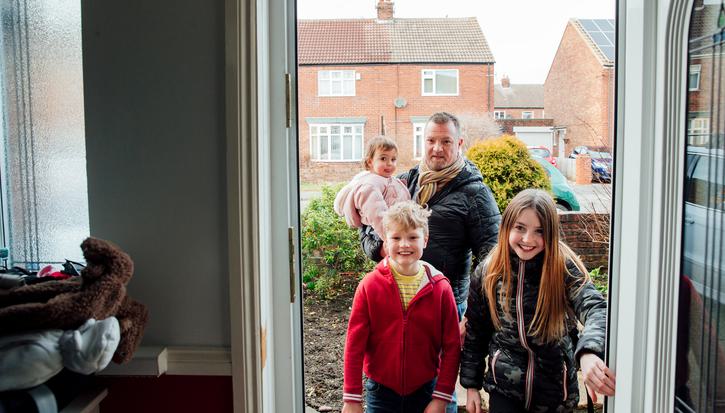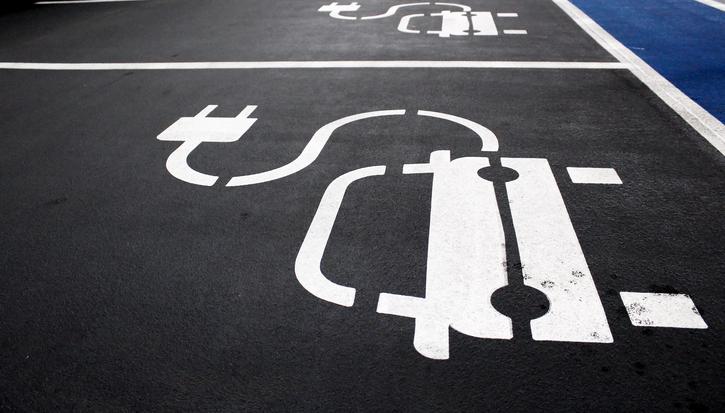States of Conflict: Causes and patterns of forced migration to the EU and policy responses
Article
The global refugee population is currently more than 12 million. Over the last 15 years, Europe has seen the arrival of millions of individuals who have sought asylum within individual Member States. Despite the fact that the top ten nationalities arriving in European countries are from countries which have seen high levels of violence, oppression and conflict, asylum seekers have been treated with increasingly contempt and disdain by policy makers and the public alike.
States of Conflict undertakes for the first time an empirical analysis of the overall conditions in the countries from which asylum seekers originate. It asks some critical questions about the causes of forced migration and its consequences for patterns of migration to Europe. It also assesses the role of the European Commission in reducing the number of asylum seekers arriving at its borders.
'The European Commission is pleased to have provided support for this independent study, though the recommendations set us some stiff challenges."
- Chris Patten European Commission External Relations Commissioner & Chancellor of Oxford University
'States of Conflict provides an invaluable analysis of the reasons why so many people have sought asylum in the European Union.'
- Jeffery Crisp, Evaluation and Policy Analysis Unit, UNHCR
'An excellent and timely analysis... This report assesses the real complexity, interconnections and often human tragedy behind the asylum statistics.'
- Claude Moraes MEP, European Parliament Justice and Home Affairs Committee / Former Director of JCWI
Related items

The homes that children deserve: Housing policy to support families
As the government seeks to develop a new child poverty strategy, it will need to grapple with housing – the single largest cost faced by families.
Powering up public support for electric vehicles
Tackling greenhouse gas emissions will only work if public support for action remains strong. That means ensuring tangible improvements in people’s lives and heading off any brewing backlash.
Assessing the economy
Over the past few days and weeks, there has been lots of rather histrionic commentary about the UK’s economic situation as if the budget has created an economic disaster from which we’ll never recover.